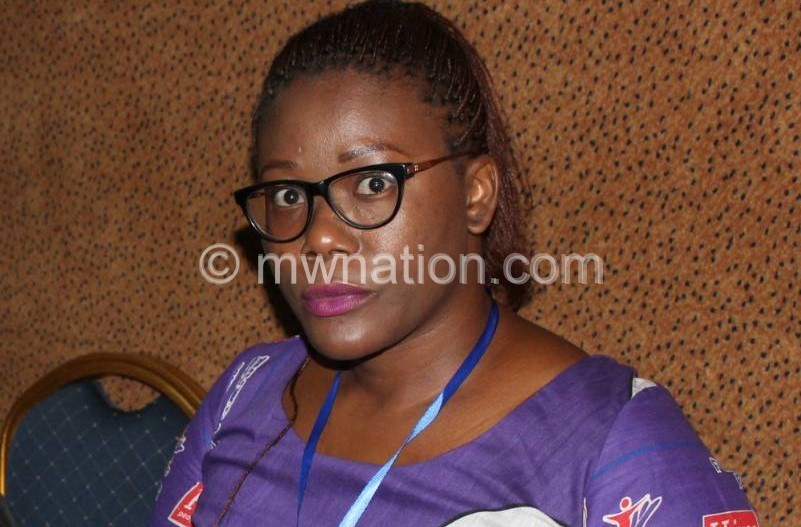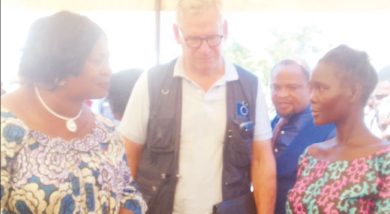Women’s manifesto on the cards
As the country edges towards the 2019 Tripartite elections, stakeholders in the gender and disability platforms are putting together a document that will drive the agenda for women and people with various disabilities.
This was revealed on Wednesday during a roundtable discussion held in Blantyre themed ‘Empowering persons with disabilities in ensuring inclusivity and equality’.

Three organizations, Women’s Legal Resources Centre (Wolrec), Churches Action in Relief and Development (Card) and the Federation of Disability Organizations in Malawi (Fedoma) brought together various stakeholders to discuss ways of promoting the plight of women and people with disabilities.
According to programmes officer for Wolrec, Irene Ntonga the organisations were encouraging a discussion that would promote the inclusion of women and people with disabilities to have prominence.
She said: “We are working with the Ministry of Gender, Oxfam, 50-50 management agency, NGO-GCN to develop a women’s manifesto with a lot of issues and thematic areas. It looks at marginalised people including people with disabilities. The manifesto is a live document, which we are going to use as an advocacy tool.”
She added: “We will pressurise government and those seeking political positions to address the needs of women and people with disabilities. With this tool, we will be tracking how the issues are being addressed.”
Speaking on the sidelines of the discussion, Fedoma executive director Action Amos, hinted that there were a lot of challenges that people with disabilities were facing despite their increase in population for the past few years.
“In a 2016-2017 study focusing on issues to do with the living standards of people with disabilities one key issue came out was the increase in the number of people with disabilities. In between 2003 and 2008 we had 489 000 but as we speak we have about 1.6 million people in this category having different challenges,” said Amos.
He said the challenges range from from issues to do with poverty, lack of accessibility to services, communication and others. So we are continually engaging the state to improve the lives of people with disabilities,” he said.
Amos said the Disability Act was reviewed and would be tabled in Parliament for adoption after working out on some weak areas.
He said: “It has been a big challenge to push the inclusion of people with disabilities into positions of authority because unlike the Gender Equality Act the Disability Act did not specify quotas as to how many people with disabilities should be put into those positions.”





